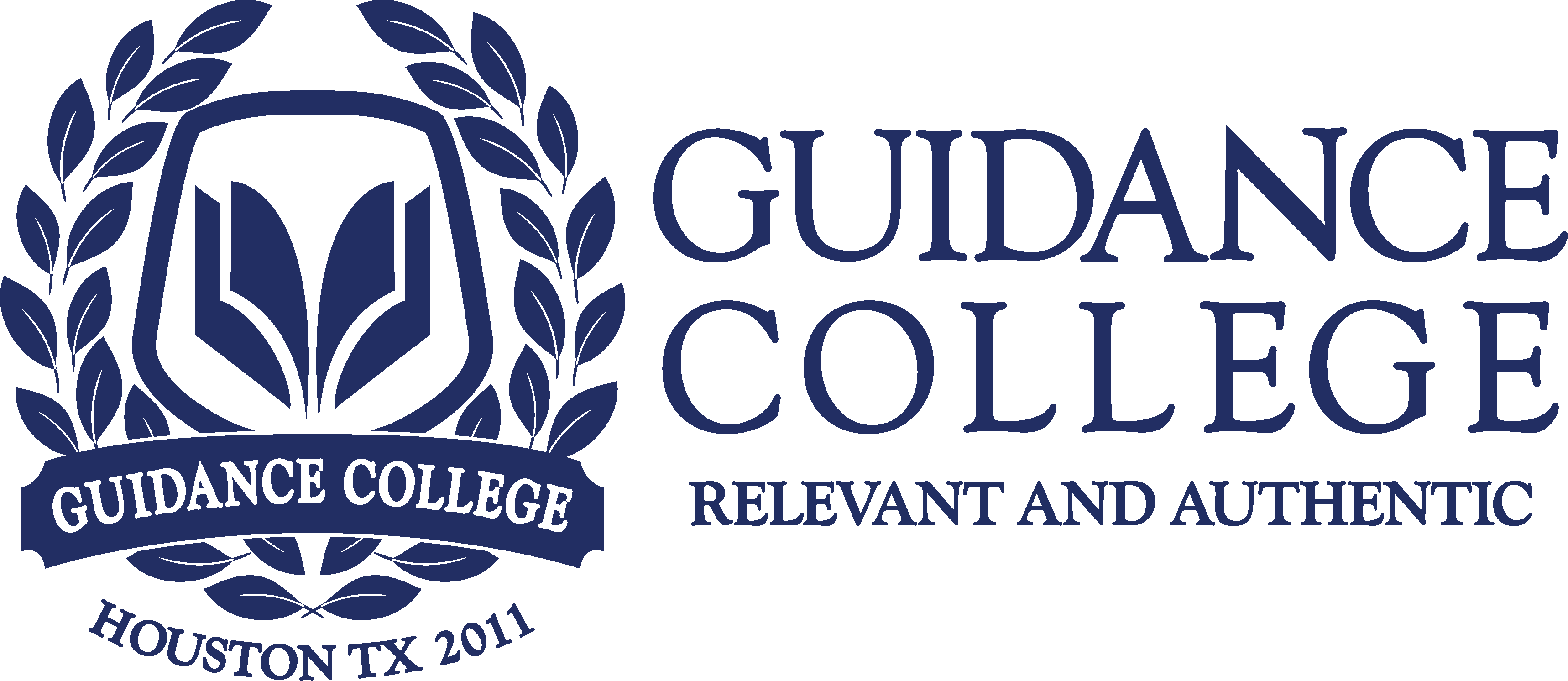In today’s world, anti-trust activities are illegal and frowned upon by all societies.
Yet, few know that when Prophet Mohammad (PBUH) took the helm of the first civilized society, organized under the new state constitution, antitrust activities were banned with the strongest terms.
Mummar narrates, in a strong, authentic hadith, that the prophet declared, “No monopolist except being a sinner (interpreted as all monopolists are sinners).”
Based on this hadith, scholars ruled monopolizing or “Ehtikar” as one of the most grievous sins committed against society.
For example, in 2000 the case of according to the NY Times, a judge ruled, The Microsoft Corporation deliberately did not adhere to antitrust laws. The Reporter used words such as “predatory,” and “anticompetitive,” misconducted behavior was used in Microsoft’s conduct.
The case of US vs. Microsoft is a modern day reality which many would not understand today.
Few understood the hadith to mean a limited act of monopoly over daily sustenance, like the circumstances at the time and what many narrations by the companions have later said.
Scholars have determined that the spirit of the hadith is that the act itself will grieve the public and deprive the marketplace of reasonably priced trade and fair market value.
We see this opinion backed by the Quran: “O believers! Do not consume one another’s wealth through unlawful means; instead, do business with mutual consent; do not kill yourselves by adopting unlawful means. Indeed Allah is Merciful to you.” [Quran 4:29].
It does not take much thinking to see monopolizing does not fulfill the mutuality commanded in this verse due to its precise price gauging, the intended results of the manipulator.
Prohibition of monopoly leads to an extensive collection of prohibitions that regulates the conduct and organization of business, for both the seller and buyer; generally to promote fair competition for the benefit of the consumers.
In the modern times, we live in the concept is called competition law or anti-trust laws.
These laws include from the Federal Trade Commission states
; The Federal Trade Commission Act bans “unfair methods of competition” and “unfair or deceptive acts or practices.” The Supreme Court has said that all violations of the Sherman Act also violate the FTC Act.
Section 7 of the Clayton Act prohibits mergers and acquisitions where the effect “may be substantially to lessen competition, or to tend to create a monopoly.”
The Sherman Act outlaws “every contract, combination, or conspiracy in restraint of trade,” and any “monopolization, attempted monopolization, or conspiracy or combination to monopolize.”
In the Quran we see this verse speaks of a prohibition over the buyers as well, where they have an unfair advantage over the sellers, what is called monopsony or the act of “Bakhs”:
“And (do) not deprive people (of) their things, and (do) not commit evil in the earth, spreading corruption.” [Quran 26:183].
This is a command to refrain from gauging the sellers.
In brief, a monopoly of any commodity, product, or service, which may lead to hardship or financial damage to the public due to its withholding with deliberate manipulation of its fair market value.
This is especially true in times of hardship, an act that constitutes prohibition in Islam. Sellers (monopolists), and in cases of buyers (monopsonies), should refrain from any business activity which will deprive the public or society, in general, from gaining the benefits of the subject matter being traded.


Recent Comments